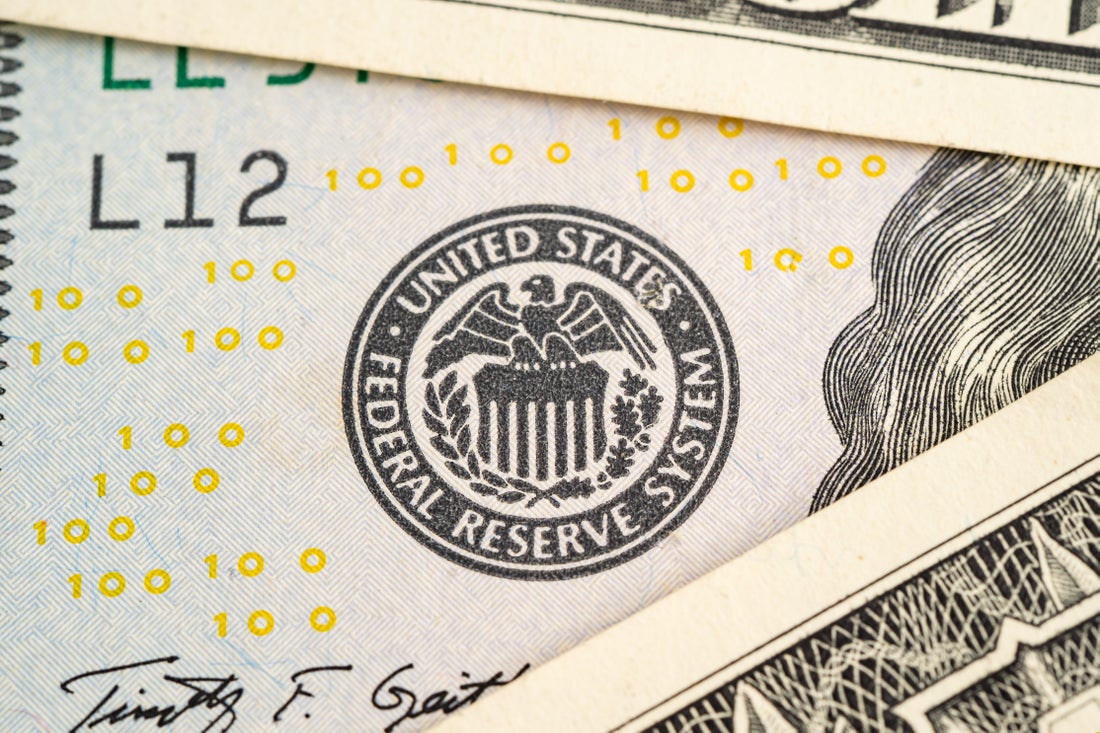Seniors are allowed to file for Social Security as early as age 62, and many are quick to exercise this option. In fact, 62 is actually the most popular age to file for Social Security, even though seniors have between then and age 70 to sign up for benefits.
Medicare eligibility, meanwhile, begins at age 65, and as such, it's not uncommon for seniors to be on Social Security already by the time their initial enrollment window opens. In fact, the benefit of already collecting Social Security at that time is that enrollment in Medicare is generally automatic. Furthermore, Social Security recipients can pay their Medicare premiums directly out of their benefits, thereby leaving themselves with one less task to worry about.
Clearly, signing up for Social Security prior to Medicare is pretty convenient. But that doesn't mean you can't, or shouldn't, do the opposite -- sign up for Medicare first, and then claim Social Security later on.

IMAGE SOURCE: GETTY IMAGES.
Why waiting on Social Security pays
Though you're allowed to start collecting Social Security at age 62, you're not entitled to your full monthly benefit based on your work record until you reach full retirement age. That age is a function of your year of birth, as follows:
|
Year of Birth |
Full Retirement Age |
|---|---|
|
1943-1954 |
66 |
|
1955 |
66 and 2 months |
|
1956 |
66 and 4 months |
|
1957 |
66 and 6 months |
|
1958 |
66 and 8 months |
|
1959 |
66 and 10 months |
|
1960 |
67 |
DATA SOURCE: SOCIAL SECURITY ADMINISTRATION.
If you file for Social Security before your 65th birthday so that you're already getting benefits by the time Medicare eligibility kicks in, you'll end up reducing those benefits in the process, and most likely for the rest of your life. That's why it often pays to wait on Social Security, and enroll in Medicare once you're able. Though your Medicare coverage won't kick in until you turn 65, you actually get a seven-month initial enrollment window to sign up that begins three months before the month of your 65th birthday and ends three months after the month you turn 65.
It pays to sign up for Medicare when you're supposed to, because if you don't, you'll risk getting hit with a surcharge on your Part B premiums for life. Therefore, if you're not already collecting Social Security as age 65 nears, there's no need to rush to sign up for it. What you should do, however, is make sure to enroll in Medicare, unless you're already covered by a group health plan through a job, in which case the rules regarding enrollment and penalties differ. (In a nutshell, you get a special enrollment period if you're already covered through a group health plan at age 65.)
The only downside to not signing up for Social Security prior to Medicare is actually having to enroll in Medicare yourself, and make your premium payments directly, as opposed to having them deducted from your Social Security benefits. But that's a process you can automate by setting things up so that your Medicare premiums are paid from your checking or savings account, just as you'd automate any other recurring bill.
Of course, there's also the option to sign up for Medicare and Social Security at the same time if you need both at age 65. But if you don't need your Social Security benefits right away, waiting can definitely pay off. Sitting tight until full retirement age will help you avoid a reduction in benefits, while delaying Social Security past full retirement age will boost your benefits by 8% a year, up until age 70. Therefore, don't rush to collect Social Security just because you're gearing up to enroll in Medicare, and don't assume you need to be on one to sign up for the other. Though the two programs are interrelated, you can make your decision for each independently.





